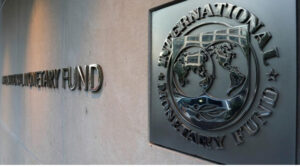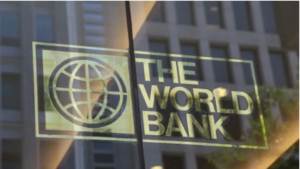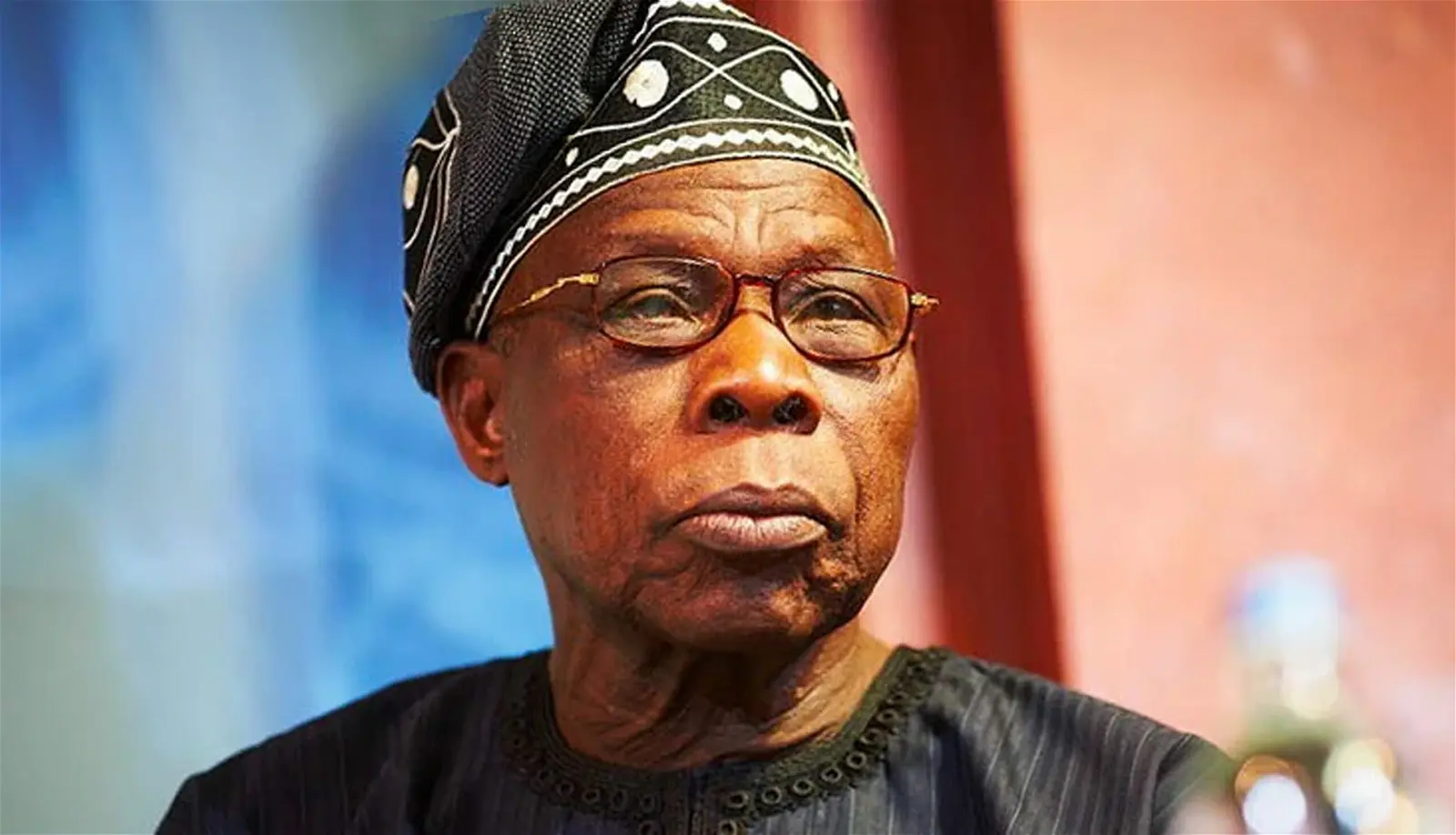Inflation: Protect poor people from high energy prices, IMF tells FG

The International Monetary Fund, IMF, has called on the Federal Government to focus spending on protecting poor people from the inflationary impact of high energy prices.
Briefing the media at the backdrop of the Fiscal Monitor report released by the Fund at the ongoing World Bank/IMF Annual Meetings in Marrakesh, Morocco, yesterday, the Assistant Director, IMF’s Fiscal Affairs Department, Era Dabla-Norris, commending the FG for the removal of the fuel subsidy, however, said the reform must be complemented with smart policies that focus on spendings to protect vulnerable groups from impact of high energy prices.
According to her, to further curtail the inflationary effect of the fuel subsidy removal, there must be a suite of other macroeconomic policies that will help to bring inflation down, including leveraging the country’s untapped tax potential to increase revenue collections and debt service spendings.
Protecting poor people
Speaking on the need for FG to focus spending on protecting the poor, Dabla-Norris said: “When we talk about smart policies, we are really referring to policies that make room in the budget for protecting priority spending. And that is really education, health care, and targeting these policies better to protect the most vulnerable groups.
“Take removal of fuel subsidies, and I think that fuel subsidy reform was an important reform Nigeria undertook, the costs to the budget of having these broad base removal of fuel subsidies is quite significant.
“By reducing fuel subsidies the government has freed up space for other types of spending. The important thing is to be able to protect the most vulnerable group from higher energy prices. So from that perspective, this policy creates space, a portion of the revenues, it can be unpopular, it can be a challenging policy, and I think it was the right one, it was the right decision to make at that time. Now the key is to be able to target better, because most of these policies don’t benefit low income groups. Across the world we’ve seen that fuel subsidies tend to benefit middle or higher income groups. So the key thing is to prioritize this towards the most vulnerable.”
Curtailing inflation
“The first is to protect the most vulnerable from the cost of living. And there are a number of targeted programs that can be ramped up and the poor, the really vulnerable populations are protected.
“A suite of other policies, macroeconomic policies are needed to bring in to durably bring inflation down. In the case of Nigeria, the revenue to GDP ratio is quite low relative to other emerging markets and developing countries. So efforts will need to be made to increase revenue collection in an efficient manner. Our research shows that countries like Nigeria have large untapped tax potential.
“This is not something that can be done magically overnight, but definitely over the medium term. Expanding tax bases, reducing exemptions in value added tax, reducing tax expenditures, rationalizing other types of taxes, strengthening the quality of your tax institutions, these are all steps that can be taken to effectively mobilize revenues in a progressive manner, and then channel that for priority spending, having appropriate monetary policies in place. Doing away with any kind of central bank financing of the budget and ensuring that policies are working in the same direction to bring inflation down is really the issue.”
Reducing debt service
“The most important thing would be durable revenue collections because revenue collections are very low in Nigeria relative to other peer countries. And this is widely recognized by the government. So that’s one thing. The second important component would be to rationalize expenditures, to see what are the priority spending, can spending be cut or reprioritized, this would be another very important thing to do.
“And finally, invigorating growth; Nigeria has tremendous growth potential. It is one of the largest economies in Africa. It has tremendous potential for growth. So the kind of structural reforms that are needed, governance, business climate reforms that are needed to catalyze private investment and to durably grow, that would be another important way of bringing debt down.”
Many analysts and financial experts who spoke to Vanguard expressed divergent opinions on the IMF’s recommendations.
We need to reform energy sector- Kurfi
Commenting on the IMF’s position, Mallam Garba Kurfi, Analyst and CEO, APT Securities & Funds Limited, said: “Yes we need to reform Nigeria’s energy sector particularly the oil sector. We need to go back to days when our crude production can reach two million barrel per day in order to generate more foreign exchange to meet our local demand. The same with power in order to promote small scale entrepreneurs.
“As regard smart policies it is all about implementation. The palliatives policy of N35, 000.00 to FGN staff, if it can be extended to states, will be welcome. Also the distribution of N25,000.00 to low level workers for a period of six months is a welcome development.
“The issue of raising tax collection in order to generate more revenue may not necessarily curtail inflation; it may increase it. To stabilize the exchange rate and reduce inflation we need to refine our petroleum products.”
No money to cushion effect of high energy cost – Adonri
In his own view, David Adonri, Analyst and Executive Vice Chairman at HIGHCAP Securities Limited, said: “Nigeria’s financial situation is precarious and IMF knows. There is no money to cushion the effect of high energy cost on the vulnerable or producers. Except if IMF means plugging the leakages of tax revenue to boost public revenue, Nigeria does not presently have untapped sources of tax that are not in limbo.
“For the very scarce financial resources of FGN to be optimally allocated and have mass effect, the security sector and productive sector must be given priority to close supply gap. The excessive burden of debt servicing which consumes almost all public income must also be addressed, possibly through debt restructuring so that funds can be available for the smart spending that IMF advocates. The economic problem that confronts Nigeria now is beyond any selective rescue operation. When ongoing market reforms together with fiscal enablers start employing all idle domestic factors of production, enterprises will resuscitate and the vulnerable will enjoy productive employment.”
IMF’s recommendations are right – NASO boss
Commenting also, President of the National Association of Stevedoring Operators, NASO, Mr. Bolaji Sunmola, said that Nigerians are a lawless people but are quick to obey the laws of other countries.
He said: “Are we a country that keeps to our social responsibilities? We all know the answer. But then we all want things to work well. Any leadership that’s going to enforce this of course is going to encounter brick walls, opposition and sabotage. To me IMF is right; please let us take the hard decision now to move forward for the sake of generations coming.
(Vanguard)
Join our new WhatsApp community! Click this link to receive your daily dose of NEWS FLASH content. We also treat our community members to special offers, promotions, and adverts from us and our partners. If you don’t like our community, you can check out any time you like.











